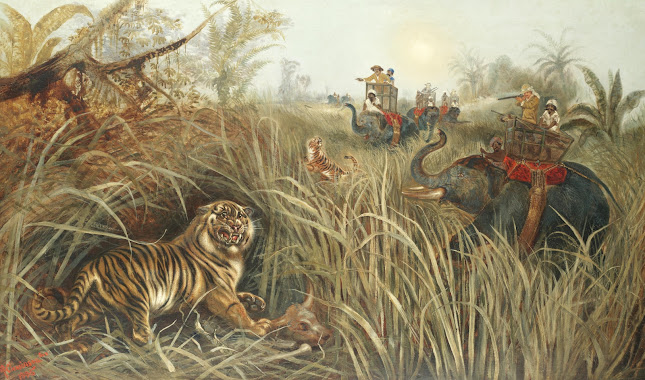My 7 Cairn / ITO House-rules
Just a fun little post. 1) Pointcrawl Procedures These are the same as from this post. Essentially, I set up a pointcrawl map with distances marked in days , and roll a 2d6 weather roll for each day. There's also a 1-in-6 chance of a random encounter (d6 table, prepped per region/area) and a 1-in-6 chance of a "small place" (d6 table, just places the characters might stumble upon). This leaves most of the travel as fluff (describing the weather, landscape, etc.) with a little bit of travel involving dangerous weather, random encounters, or cool little spots (which get added to the map!). Each of the d6 tables has 3 ordinary/safe results, 2 unordinary/threatening results, and 1 rare/magical/dangerous result. 2) Equipment Slots = STR I know equipment/encumbrance slots aren't supposed to be tied to STR because they're also a measure of space, and not just weight, but I just really like the vibe of the buff knight carrying a bunch of stuff and the wi...



